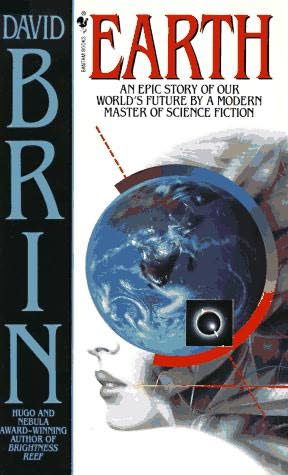More fighting in Iraq. Somalia in chaos. People in this country can’t afford their mortgages and in some places now they can’t even afford rice.
Skip to next paragraph
Related
Times Topics: CERN
None of this nor the rest of the grimness on the front page today will matter a bit, though, if two men pursuing a lawsuit in federal court in Hawaii turn out to be right. They think a giant particle accelerator that will begin smashing protons together outside Geneva this summer might produce a black hole or something else that will spell the end of the Earth — and maybe the universe.
Scientists say that is very unlikely — though they have done some checking just to make sure.
The world’s physicists have spent 14 years and $8 billion building the Large Hadron Collider, in which the colliding protons will recreate energies and conditions last seen a trillionth of a second after the Big Bang. Researchers will sift the debris from these primordial recreations for clues to the nature of mass and new forces and symmetries of nature.
But Walter L. Wagner and Luis Sancho contend that scientists at the European Center for Nuclear Research, or CERN, have played down the chances that the collider could produce, among other horrors, a tiny black hole, which, they say, could eat the Earth. Or it could spit out something called a “strangelet” that would convert our planet to a shrunken dense dead lump of something called “strange matter.” Their suit also says CERN has failed to provide an environmental impact statement as required under the National Environmental Policy Act.
Although it sounds bizarre, the case touches on a serious issue that has bothered scholars and scientists in recent years — namely how to estimate the risk of new groundbreaking experiments and who gets to decide whether or not to go ahead.
The lawsuit, filed March 21 in Federal District Court, in Honolulu, seeks a temporary restraining order prohibiting CERN from proceeding with the accelerator until it has produced a safety report and an environmental assessment. It names the federal Department of Energy, the Fermi National Accelerator Laboratory, the National Science Foundation and CERN as defendants.
According to a spokesman for the Justice Department, which is representing the Department of Energy, a scheduling meeting has been set for June 16.
Why should CERN, an organization of European nations based in Switzerland, even show up in a Hawaiian courtroom? ....
Skip to next paragraph
Related
Times Topics: CERN
None of this nor the rest of the grimness on the front page today will matter a bit, though, if two men pursuing a lawsuit in federal court in Hawaii turn out to be right. They think a giant particle accelerator that will begin smashing protons together outside Geneva this summer might produce a black hole or something else that will spell the end of the Earth — and maybe the universe.
Scientists say that is very unlikely — though they have done some checking just to make sure.
The world’s physicists have spent 14 years and $8 billion building the Large Hadron Collider, in which the colliding protons will recreate energies and conditions last seen a trillionth of a second after the Big Bang. Researchers will sift the debris from these primordial recreations for clues to the nature of mass and new forces and symmetries of nature.
But Walter L. Wagner and Luis Sancho contend that scientists at the European Center for Nuclear Research, or CERN, have played down the chances that the collider could produce, among other horrors, a tiny black hole, which, they say, could eat the Earth. Or it could spit out something called a “strangelet” that would convert our planet to a shrunken dense dead lump of something called “strange matter.” Their suit also says CERN has failed to provide an environmental impact statement as required under the National Environmental Policy Act.
Although it sounds bizarre, the case touches on a serious issue that has bothered scholars and scientists in recent years — namely how to estimate the risk of new groundbreaking experiments and who gets to decide whether or not to go ahead.
The lawsuit, filed March 21 in Federal District Court, in Honolulu, seeks a temporary restraining order prohibiting CERN from proceeding with the accelerator until it has produced a safety report and an environmental assessment. It names the federal Department of Energy, the Fermi National Accelerator Laboratory, the National Science Foundation and CERN as defendants.
According to a spokesman for the Justice Department, which is representing the Department of Energy, a scheduling meeting has been set for June 16.
Why should CERN, an organization of European nations based in Switzerland, even show up in a Hawaiian courtroom? ....
Unsurprisingly, it has to do with fizzics again, I'm sure KH is behind it somehow









Comment